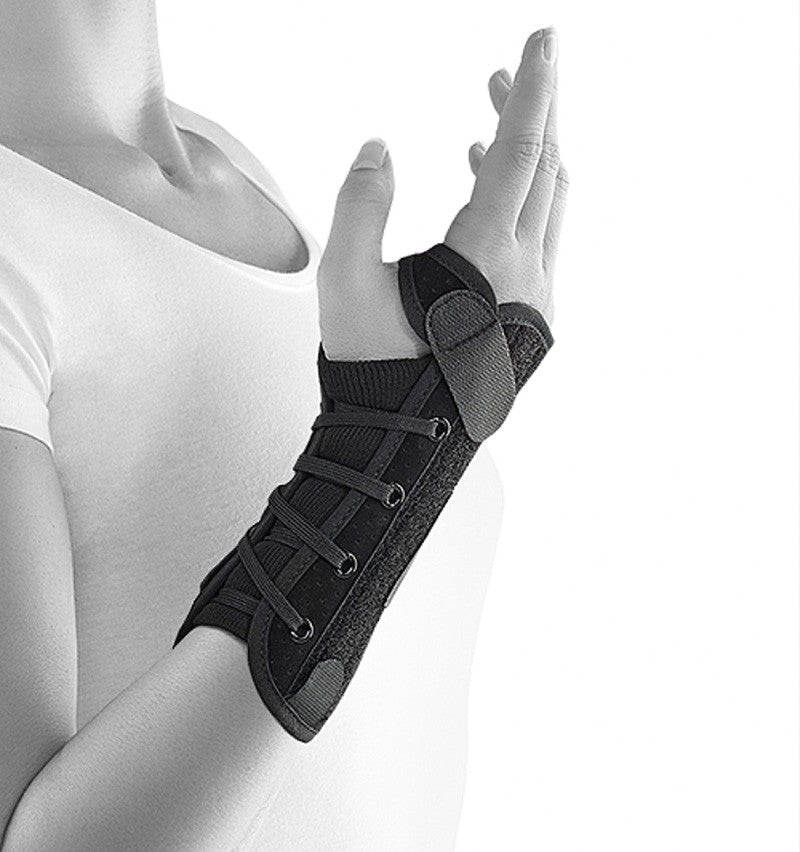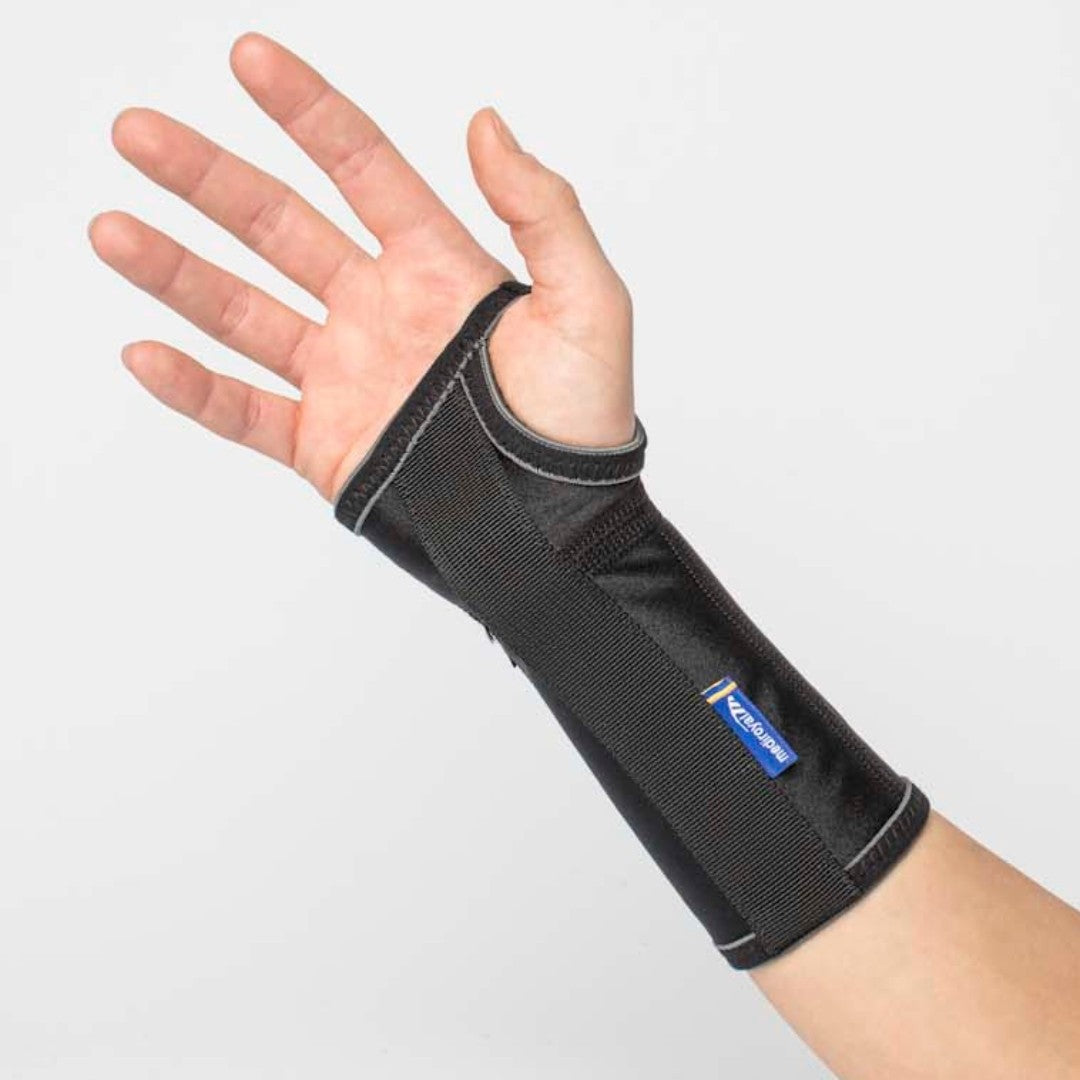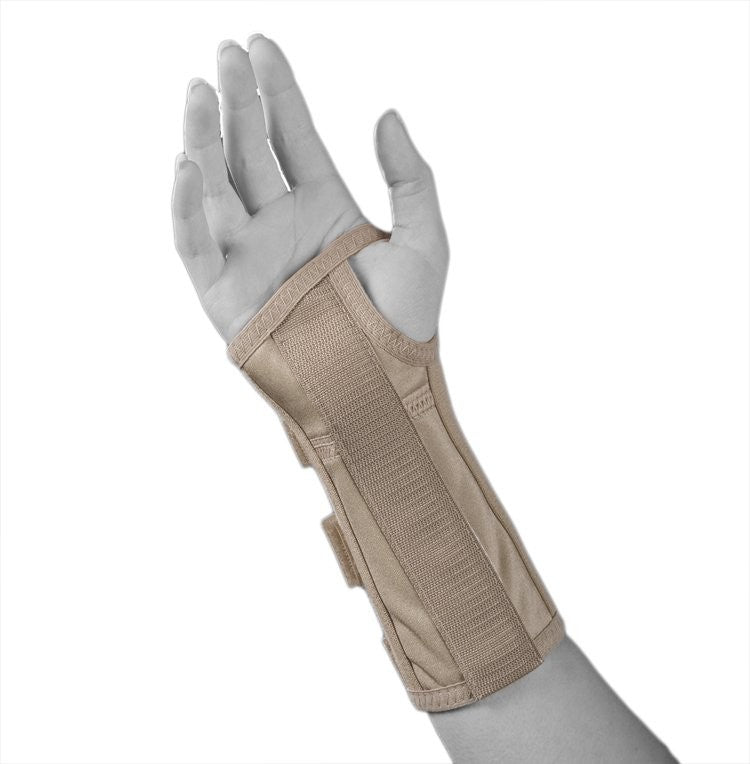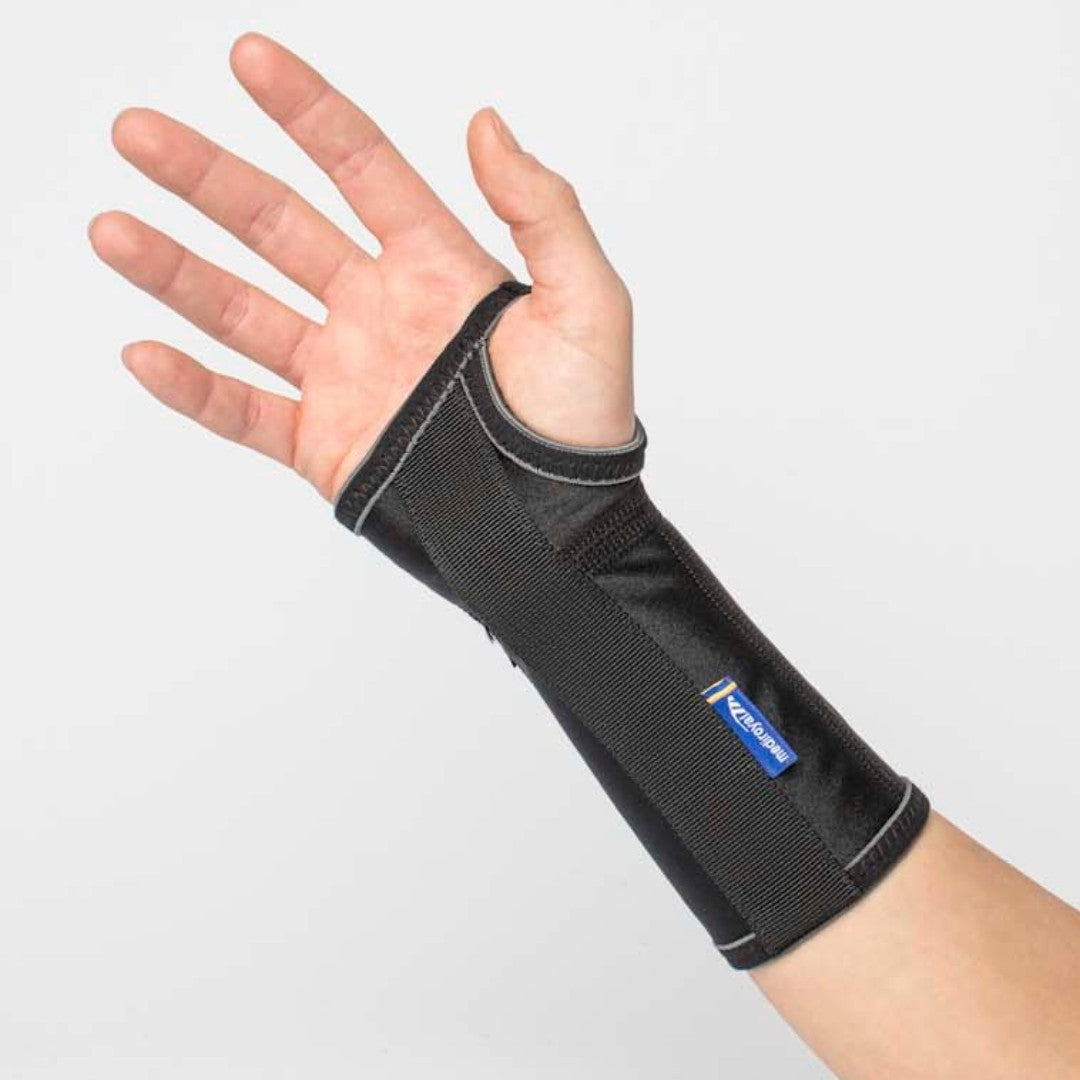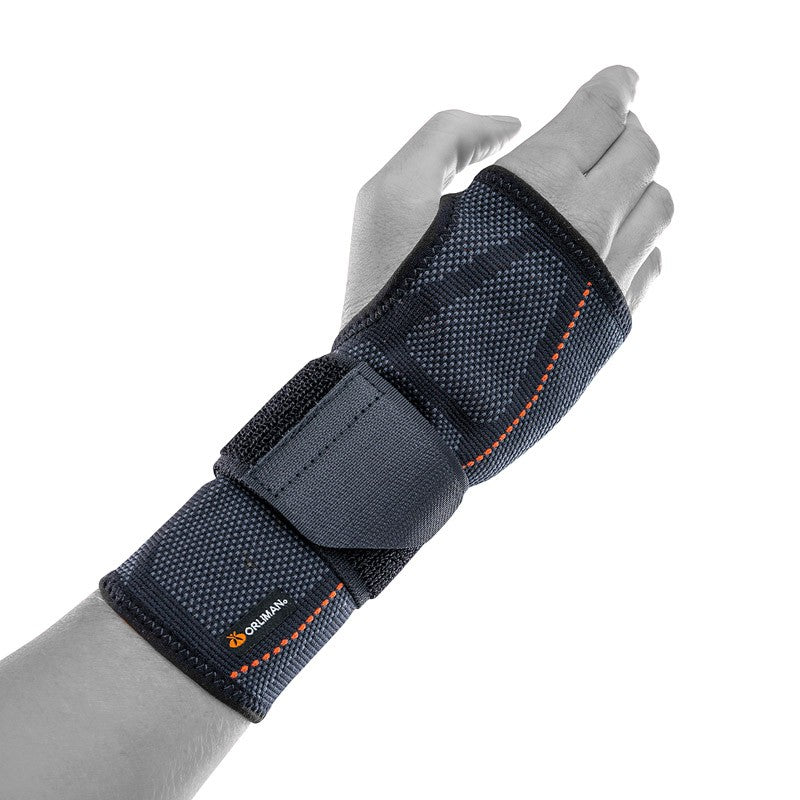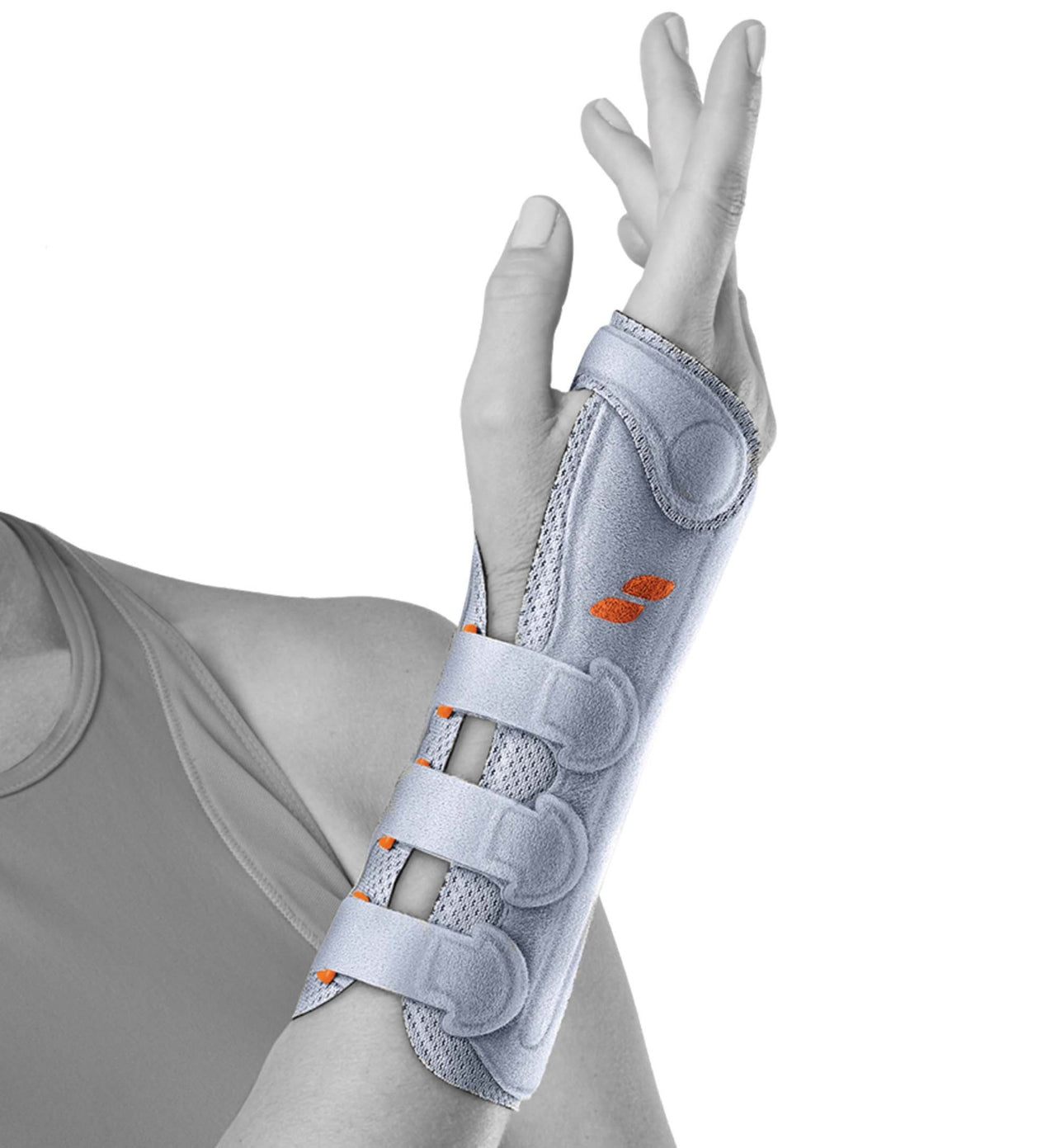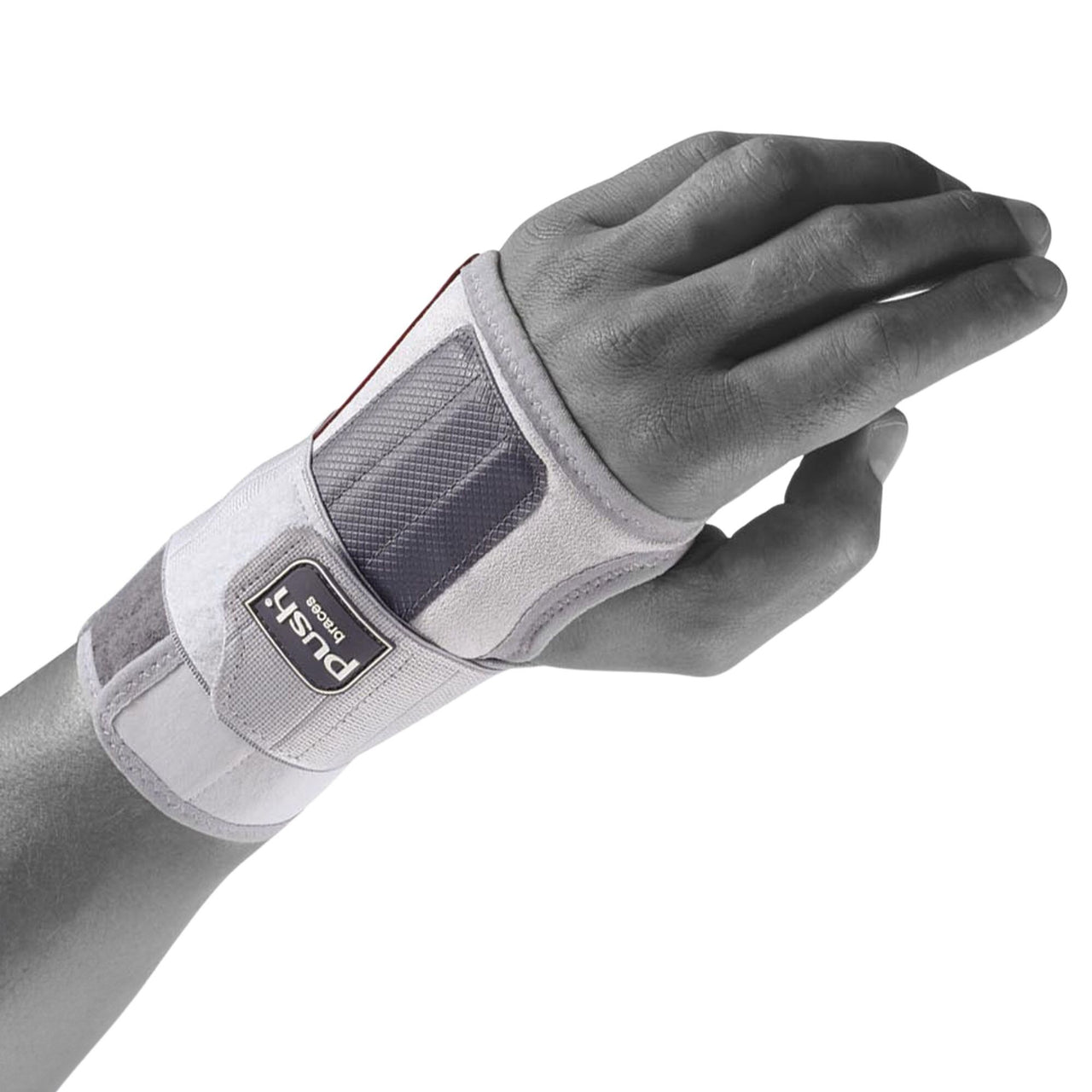Carpal tunnel syndrome (CTS) is a common condition that occurs when the median nerve in the wrist becomes compressed. It often leads to pain, numbness, and loss of feeling in the thumb, index finger, and middle finger. The problems can be troublesome both day and night, but proper relief can relieve symptoms.
What is carpal tunnel syndrome?
The carpal tunnel is a narrow passageway in the wrist through which the median nerve and several tendons pass. When the passageway becomes narrow, pressure on the nerve increases, causing pain, numbness, and sometimes weakness in the hand. CTS can affect both work and everyday functioning, and is especially common in people who frequently place their wrists in angled positions.
Common causes & risk factors
Carpal tunnel syndrome occurs when pressure in the carpal tunnel increases and the median nerve becomes pinched. The causes can vary, but an anatomically narrow carpal tunnel, which is sometimes hereditary, is a common risk factor. One-sided work in angled wrist positions, such as when doing crafts or working on a computer for long periods of time, can also contribute to the development of the condition. Hormonal changes, especially during pregnancy, also increase the risk, and the likelihood of being affected generally increases with age.
Symptom
- Numbness and loss of sensation in the thumb, index and middle fingers
- Pain and aches, often worse at night
- Burning sensation that may radiate up the forearm
- Weakness in the hand and difficulty gripping objects
- Stiffness and problems with fine motor skills
-
Swelling sensation in the hand and fingers
When should you seek medical attention?
Seek medical attention if the symptoms persist for several weeks despite relief, if you experience a clear loss of sensation or severely reduced grip strength.
Recommended protection & support
In the case of carpal tunnel syndrome, various types of wrist supports can ease and reduce the discomfort. A wrist support for CTS helps keep the wrist in a neutral position and reduces pressure on the median nerve. For the night, a special night support is effective because it prevents the wrist from bending during sleep. In addition, relieving wrist guards can relieve pain and prevent the problems from worsening in connection with work and activity.

